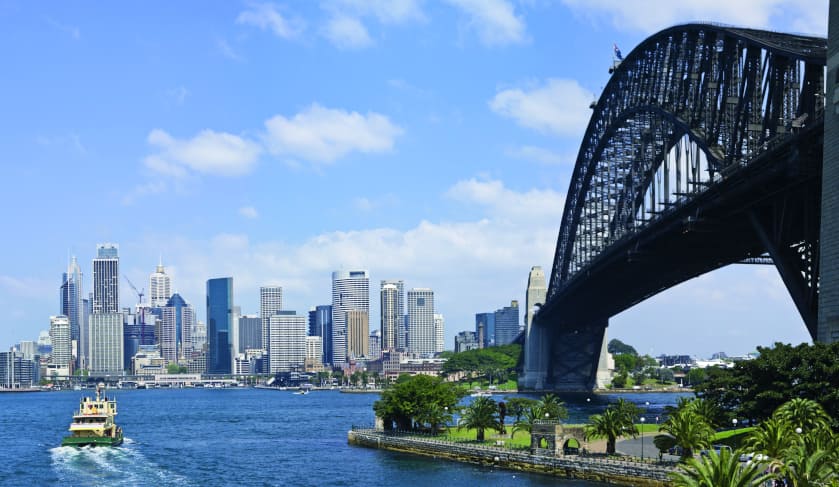Sydney risks losing its ‘brand promise’

The research, conducted by professor Greg Clark and commissioned by the Property Council of Australia, compared Sydney to similar cities in Canada, Scandinavia, Germany, Southwest USA and Asia, revealing that it is in danger of not being able to meet expectations of a global city.
However, this does not mean the capital city is unable to meet this expectation, according to Property Council NSW executive director Jane Fitzgerald.
“This research holds a mirror to our progress as a city and when compared to the world’s best, there is still work to do. Sydney is on the right track, but we still have a long way to go to operate optimally and leverage our strengths” Ms Jane Fitzgerald said.
“The research found that Sydney is perceived globally as being a top ten city, so our brand is strong, yet when looking at performance across key benchmarks, our performance is not ranked as highly.”
Mr Clark's research also showed Sydney has become a “contender” city, a second tier of global cities that includes San Francisco, Boston, Toronto and Madrid among others.
What Sydney has to offer to the world is its student economy, lifestyle, and brand prominence, while the areas letting it down are transport, congestion, low density and fragmented local government.
“We are in an enviable position as a city both nationally and internationally, but to embrace and manage megatrends such as an aging population, climate change, the rapid change of technology and greater urban growth we should not be complacent,” Ms Fitzgerald said.
“We are at a critical juncture about how to manage Sydney’s future growth. The establishment of the Greater Sydney Commission, Growth Infrastructure Compacts and Planned Precincts, the Western Sydney City Deal and the requirement for robust business cases for infrastructure investment are all significant and welcome steps. The hard work now begins.”
What is holding Sydney back from its international global partners in particular are congestion problems, journey times, physical and digital connectivity and is one of the least efficient global cities in land use in comparison, which creates a higher cost of transport and longer commutes.
Other global cities rank higher, like Toronto, San Diego and Copenhagen, as they benefit from lower government fragmentation and better resourced metropolitan institutions.
“Professor Clark’s report shows us that we need to face the facts; Sydney isn’t operating as well as it could, and we need to get our planning and city policies right to ensure we don’t fall behind comparable cities across the world — we have made inroads, now we need to deliver outcomes,” Ms Fitzgerald said.
